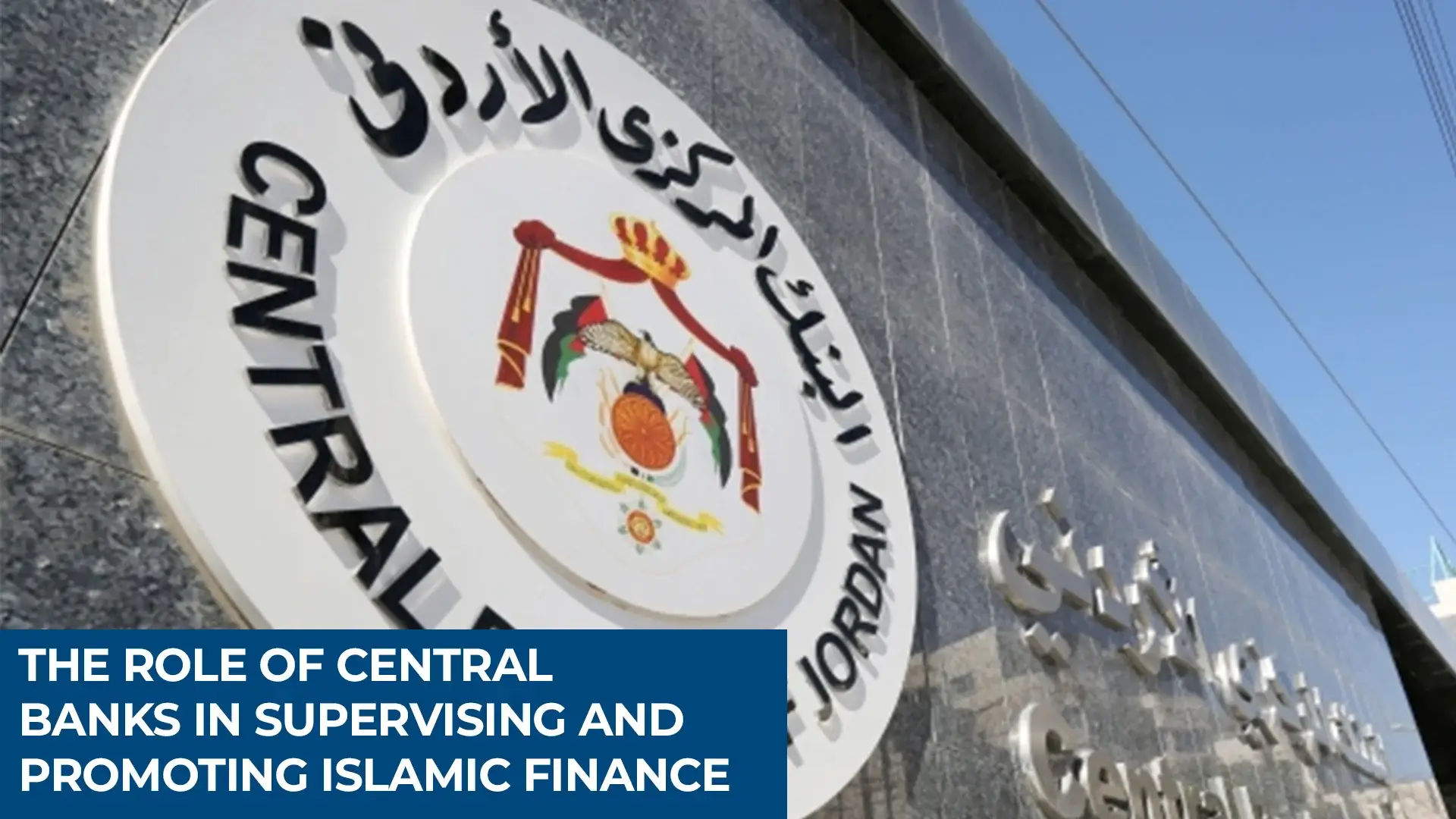Islamic finance holds the system of Sharia principles, and this approach has seen considerable growth and expansion in recent years. Hence, the sector offers an option for traditional finance that emphasizes risk sharing and equity accordingly. On the other hand, the central bank plays a vital role in managing and supporting Islamic finance that ensures its stability, integrity, and alignment with Islamic law. In this article, Dr. Raed El Omari, a prominent Jordanian business leader and professional in the field, highlights the role of central banks in supervising and promoting Islamic finance. Read the article and explore the role of central banks in this particular domain.
CENTRAL BANKS AS SUPERVISORS OF ISLAMIC FINANCE
Central banks play a crucial part in ensuring the strength and goodness of the Islamic finance system. Their supervisory role encompasses various roles. Read the following and understand the several key functions.
Specifying a Regulatory Framework:
Central banks are accountable for the development and enforcement of the regulations that align with Sharia guides. On the other hand, central banks ensure financial stability. The enforcement must fulfill the profit-sharing contracts and risk management system accordingly.
Sharia Compliance:
The observation of Sharia is a unique yet essential aspect of boosting Islamic finance. Therefore, central banks frequently work with Sharia councils that comprise Islamic scholars and make sure to review and certify some financial approaches accordingly. Hence, the collaboration makes sure that all the financial actions are in line with Islamic laws and regulations that encourage trust among Muslim investors.
Consumer Satisfaction And Protection:
Central banks play an essential role in safeguarding consumers and satisfying them in the Islamic Finance sector. Thus, they develop guidelines that build trust and deliver fair treatment to all consumers. The approach makes sure that the consumers are well informed regarding the investments and ensure that their rights are guarded.
CENTRAL BANKS AS PROMOTERS OF ISLAMIC FINANCE
Central banks actively participate and boost the growth and development of Islamic finance. Continue to read and understand the key strategies accordingly.
Market Growth:
Central banks often endeavor to the Islamic finance market. Hence, the approach includes the development of interbank Islamic capital demands and the insurance of sukuk accordingly. Thus, by delivering a helpful environment, central banks attract investments in the Islamic finance sector.
Economic Inclusion:
Islamic banking has the ability to enhance financial encompassment, especially in Muslim countries where traditional banking may not completely align with religious beliefs and concepts. Central banks can boost the financial encompassment by promoting the development of microfinance that is established on Islamic principles.
Invention and Fintech:
Central banks are rapidly acknowledging tech in Islamic banking. Hence, they support innovation by developing structures that allow Islamic fintech firms to experiment with new services. The approach fosters the culture of technology and helps Islamic finance to maintain pace with financial trends globally.
Lastly, the role of central banks in supervising and promoting Islamic finance is vital for growth and development. Market development, financial inclusion, and invention in the fintech central bank support the sustainable advancement of Islamic finance. Read the article as the Jordanian business expert Dr. Raed El Omari stresses the significance of a comprehensive approach to harness the prospect of Islamic finance as a possible and ethical alternative to traditional finance.






